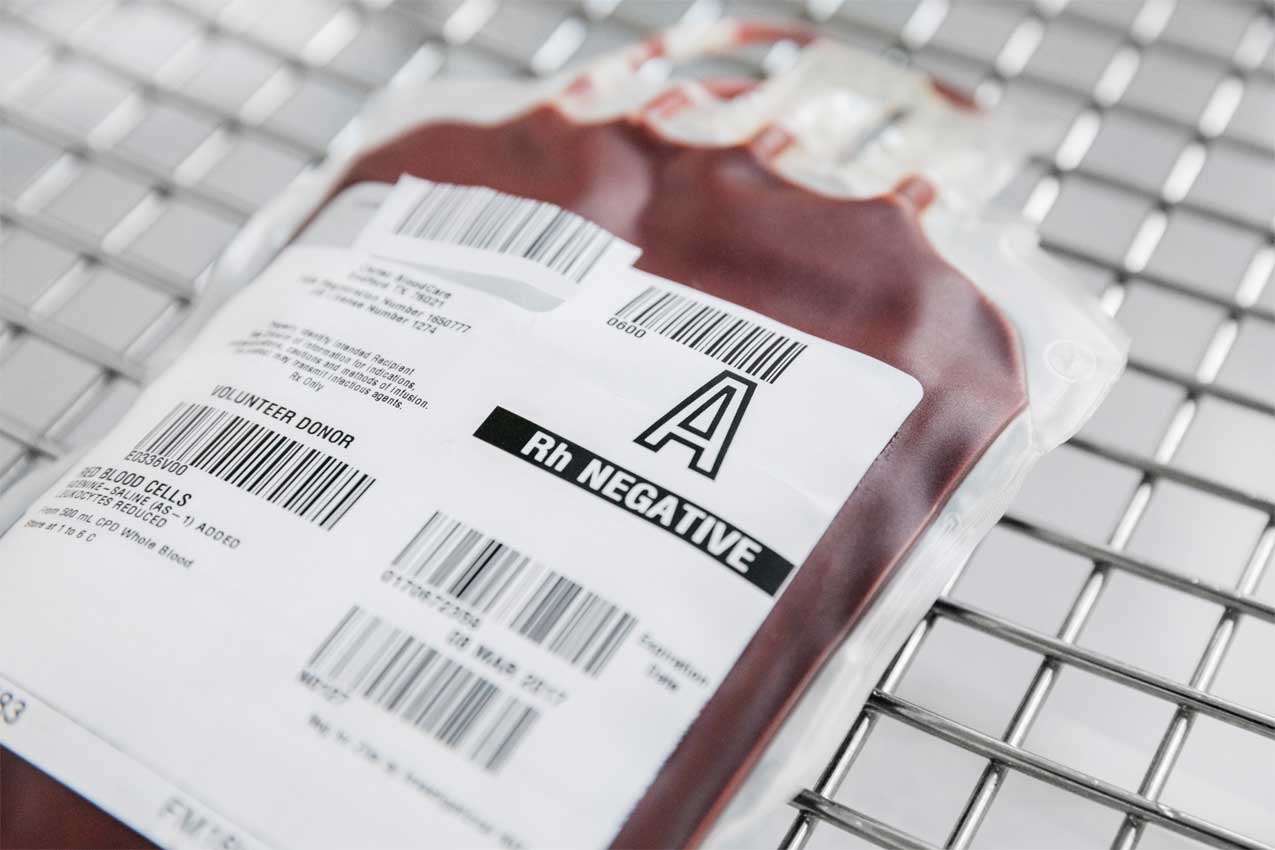
The vast majority of people have one of eight blood types. From typing to transfusing, here’s what you need to know about your blood and your health. Healthy blood is essential for a healthy life. Mixing one type of blood that’s incompatible with another-thanks to things like antigens and Rh factor-can be fatal. If your blood lacks it, you have a negative blood type.Ĭategorizing blood according to type is important for things like blood transfusions, which replace blood that’s lost through surgery, accidents, and bleeding disorders. If your blood contains the Rh D factor-the most prevalent and important of the Rh factors-you have a positive blood type. Blood is further classified by its rhesus factor (aka, Rh factor). These are proteins and other molecules present on the outside of your red blood cells they determine what type of blood you have. Your plasma contains antibodies, which are substances your immune system uses to fight foreign invaders like germs and bacteria. And there’s plasma, which provides the body with things like nutrients and hormones. There are platelets, which help your blood clot. There are red and white blood cells, which carry oxygen and help fight infection, respectively. However, treatment is usually effective and these problems are uncommon.If all you know about your blood is that it’s red, you have some catching up to do.īlood is made up of a lot of different components. In other cases, it could lead to brain damage, learning difficulties, deafness and blindness. If rhesus disease is left untreated, severe cases can lead to stillbirth. Treatment for rhesus disease after birth can include a light treatment called phototherapy, blood transfusions, and an injection of a solution of antibodies (intravenous immunoglobulin) to prevent red blood cells being destroyed. After birth, the child is likely to be admitted to a neonatal intensive care unit (a hospital unit that specialises in caring for newborn babies). A blood transfusion to the unborn baby may be needed in more severe cases. If an unborn baby does develop rhesus disease, treatment depends on how severe it is.

The pregnancy will be monitored more closely than usual, as will the baby after birth. If a woman has developed anti-D antibodies in a previous pregnancy (she's already sensitised) then these immunoglobulin injections don't help.

The anti-D injection is safe for both the mother and the baby. The only way to find out if a baby is RhD positive is after they are born and the umbilical blood can be tested. You can also have the injection after the baby has been born and tests confirm your baby is RhD positive. It can also be given at anytime if there is concern a sensitising event has happened. The injection is offered at to rhesus negative women who have rhesus positive partners at 28 and 34 weeks of pregnancy. All women are offered blood tests as part of their antenatal screening to determine whether their blood is RhD negative or positive. Rhesus disease is uncommon these days because it can usually be prevented using injections of a medication called 'anti-D immunoglobulin'. This can lead to anaemia, jaundice and brain damage in the baby. These antibodies can cross the placenta and destroy the baby’s blood cells, leading to a condition called 'rhesus disease', or 'haemolytic disease of the newborn'. if your baby is in a breech position and you have an external cephalic versionĪ sensitising event usually doesn’t affect the first pregnancy, but if the woman has another pregnancy with a rhesus positive baby, her immune response will be greater and she may produce a lot more antibodies.abdominal trauma, such as, a blow to the abdomen.some tests you may have during your pregnancy can be invasive, such as chorionic villus sampling (CVS) or amniocentesis.

There are a number of ways that this can occur: The problem can occur if a small amount of the baby’s blood enters the mother’s bloodstream during pregnancy or birth, the mother can produce antibodies against the rhesus positive cells (known as ‘anti-D antibodies’). This can happen if the baby’s father is RhD positive. If your blood is RhD negative, it isn’t usually a problem, unless you are pregnant and your baby happens to be RhD positive. This shows your 'Rhesus factor' (RhD), which indicates if you have a protein known as 'D antigen' on the surface of your red blood cells.Īround 17 out of 100 people in Australia have a negative blood type. These blood types are further identified as being either positive or negative. You inherit your blood group from a mix of your parents' genes. Everybody has one of 4 blood types (A, B, AB or O).


 0 kommentar(er)
0 kommentar(er)
